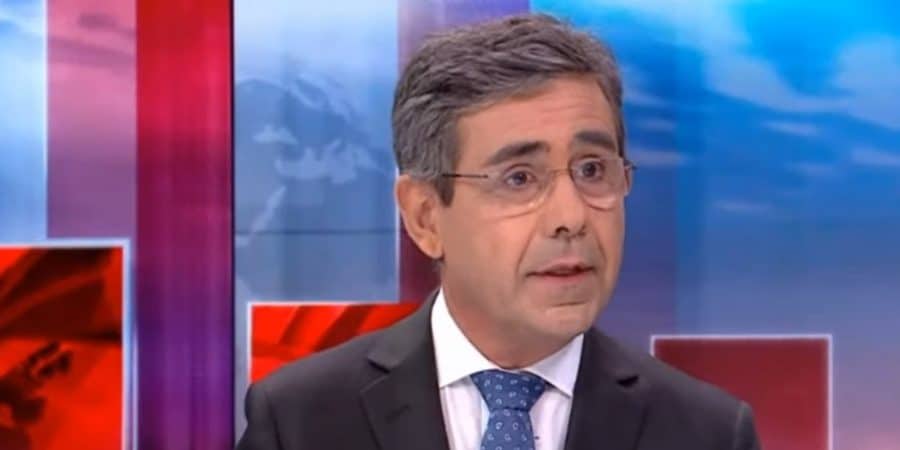Debt rises by €3 billion just in April
Public debt in the so-called ‘Maastricht view’, which means Brussels, rose by €3 billion in April to a record €279 billion, the Bank of Portugal (BoP) said today.
According to the central bank, “this increase essentially reflected net issues of debt securities worth €3.5 billion, mainly long-term debt securities (€2.3 billion).
Conversely, there was a partial repayment of loans from the European Financial Stabilisation Mechanism (EFSM), to the tune of €500 million.
“General government deposits increased by €900 million, so that, deducted from these deposits, public debt rose by €2.1 billion to €255.9 billion”, explains Lusa.
In the first quarter, public debt in the Maastricht perspective had retreated to 127.0% of Gross Domestic Product (GDP), down 0.4 percentage points from the previous quarter.
In March 2022, public debt totalled €276 billion, €1.2 billion more than in February.
The next update of the Bank of Portugal’s public debt statistics will be released on July 1 as financial journalist José Gomes Ferreira has accused its governor of “starting to wash his hands” over responsibility for the economic woes stacking up.
Mário Centeno, whose political role saw him as the architect of the Socialist government’s financial strategy up until very recently, says the executive’s decision to increase public sector workers over recent years “threatens the sustainability of public accounts”.
Talking at a press conference organised by the Ordem dos Economistas (Order of Economists), Centeno referred to the number of State employees having DOUBLED between 2020 and 2022 in the face of growth between 2015 to 2019.
At the same conference, Gomes Ferreira points out, Mário Centeno “underlined the need to reduce public debt”.
“It should be noted that the State’s direct debt in absolute value was €226 billion as of December 31, 2015. At the end of April 2022, it had already risen to almost €280 billion”, meaning a further “€54 billion was accumulated during the six and a half years of António Costa’s governments, during which in the first four and a half years, Mário Centeno was Finance Minister”, Gomes Ferreira explains.
“Now, the former minister and current governor of the Bank of Portugal makes public statements against excessive State indebtedness, and the increase in the number of public sector workers. He is cynically washing his hands of two problems he helped exacerbate…
“Was it not Mário Centeno who supported, in the Council of Ministers and in Parliament, the reduction of civil service working hours from 40 per week to 35, saying it would not have any impact either on the services or on the State’s accounts, when in the end the breach in more expenditure was hundreds of millions of euros – and to guarantee services more people had to be hired, particularly in terms of doctors and nurses?
“Now, the new minister of finance, Fernando Medina, as well as the prime minister defend that they cannot increase salaries by the value of inflation because it would create more inflation and further aggravate State expenditure.
“Now, Costa and Medina admit the elevated level of State debt is an enormous risk for the future financing of the Republic, businesses and families in the context of increasing ECB interest rates and the already verified reality of an effective rise in the financial markets. They also know the risks that banks face of accumulating new losses in this scenario.
“Balanced accounts is the mantra of Costa and Medina. They are worried by what is coming. They didn’t want to appreciate that the devil in public accounts always comes out… and now Mário Centeno washes his hands and whistles in the air…”
Gomes Ferreira has seen governments come and go. He maintains “the history of financial management of this country doesn’t change: for certain ministers, there is always room in public accounts to capture more votes. When things go wrong, blame whatever is happening elsewhere, be it war, financial crises, or simply that the world has changed… then along come new ministers to resolve the problems, who are accused of calling in the Troika and cutting rights and salaries…”
The writing, it seems, is on the wall – and has been for decades.


















